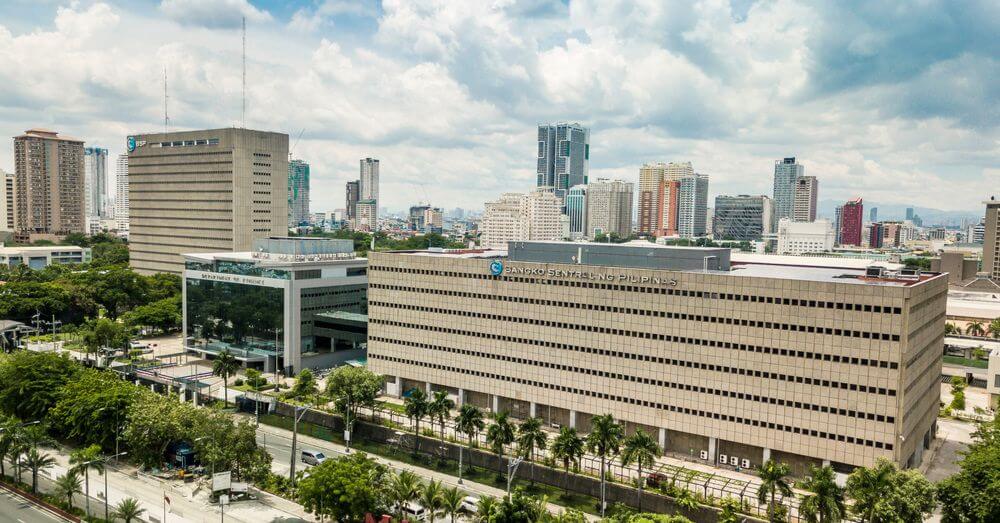
The country’s emerging crypto industry recently added four crypto exchanges to the list of approved businesses by the central bank
The Bangko Sentral ng Pilipinas (BSP), known as the Philippines’ central bank, has approved 16 cryptocurrency exchange service providers in total.
The bank’s list of approved companies, entitled “Remittance and transfer companies (RTC) with virtual currency (VC) exchange services” indicates four cryptocurrency exchanges that were just recently approved. These include Iremit Inc, Wibs PHP Inc, Moneybees Forex Corp, Finchain Technology Inc., and Forex Corp.
These four companies join the 12 existing crypto businesses that have been approved by the BSP, which are Aba Global Philippines (Coexstar), Atomtrans Tech, Betur (dba Coins.ph), Bexpress, Bloomsolutions (Bloomx), Coinville Phils, Etranss Remittance International, Fyntegrate (dba Philippine Digital Asset Exchange or PDAX), Rebittance (Rebit, Buybitcoin.ph), Telcoin, VHCEX and Zybi Tech (dba Juancash).
The BSP follows a formal regulatory framework for crypto exchanges, entitled the Guidelines for Virtual Currency (VC) Exchanges, which was published in June 2017.
The document contains 10 sections; encompassing areas such as registration requirements, anti-money laundering measures, as well as the powers and responsibilities of digital asset exchanges, including capitalization maintenance requirements.
“The digital asset exchange shall maintain the unimpaired paid-up capital of one hundred million pesos (Php 100,000,000.00 [~$1,912,450]) at all times … in a form, and amount as the Commission determines is sufficient to ensure the financial integrity of the digital asset exchange and its operations,” the document states.
The Philippines has had a generally favourable outlook on cryptocurrencies, having allowed the growth of crypto exchanges to continue under supervision. However, multiple warnings have been issued regarding the high risks involved with dealing, investing, or trading in digital currencies. The Philippine Securities and Exchange Commission (SEC) has specifically warned investors against unregistered crypto firms and the possibility of being lured into scams.
Southeast Asia in general has had a positive outlook on cryptocurrencies, with many seeking to harness the technology for research and development.
Thailand is working on the creation of its own central bank digital currency (CBDC), having recently entered the third stage of development. On the other hand, Vietnam initially banned cryptocurrencies in 2018 but has opened up recently, having announced that it launched a research group dedicated to working on the mainstream integration of cryptocurrencies within the country.
Cambodia is also working on the development of a state cryptocurrency, following the announcements surrounding China’s digital yuan.

